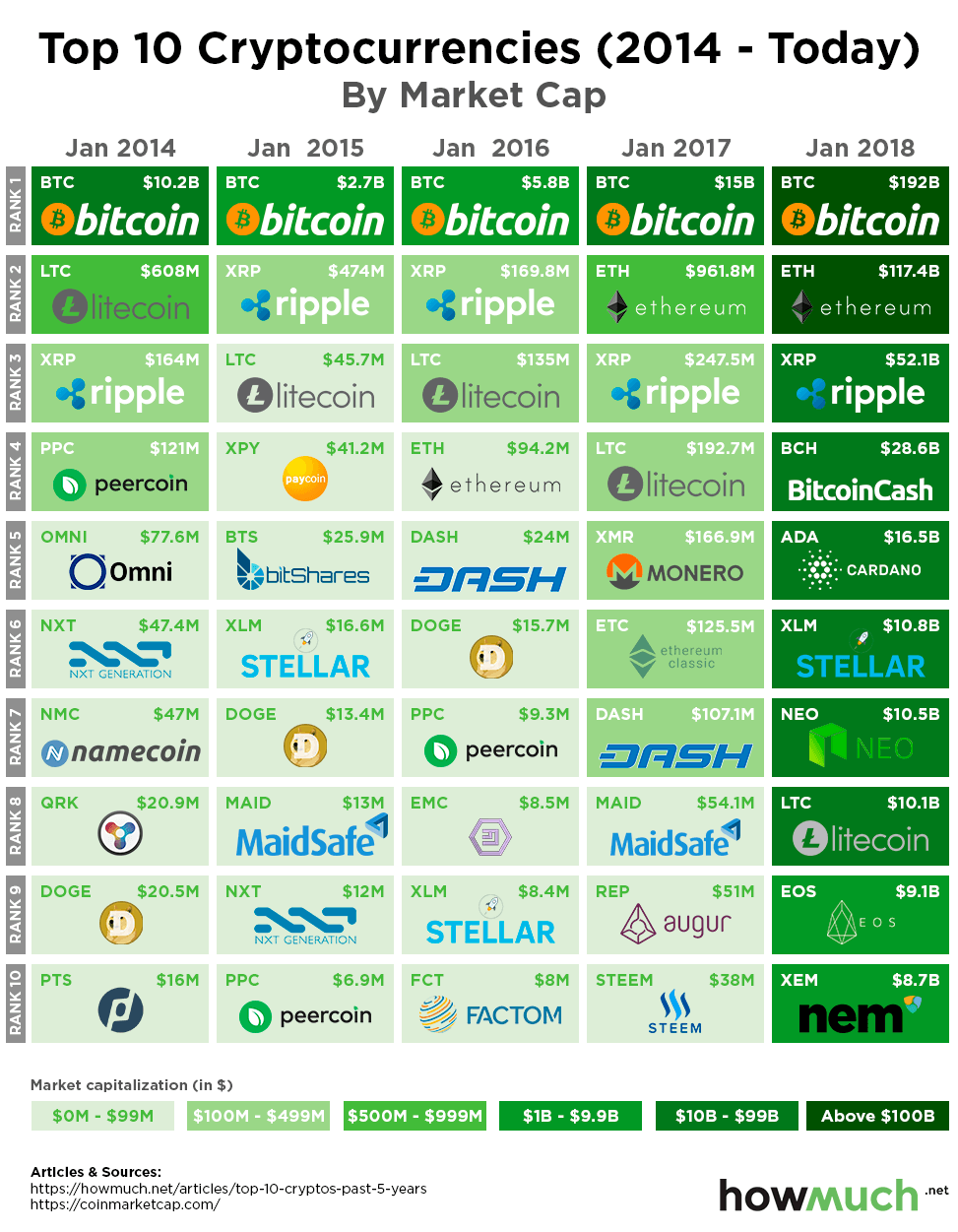- Do all cryptocurrencies use blockchain
- All cryptocurrencies
- What is the market cap of all cryptocurrencies
What is the market cap of all cryptocurrencies
Crypto casinos are increasingly gaining popularity with the rise of cryptocurrencies. But what are they, and why should you consider playing? This concise guide unveils all you need to know about this growing trend in the online gambling industry – from Bitcoin casino reviews to crypto games and facts https://vege-chandra.info/.
Launched in 2024, Cryptorino offers an extensive gaming experience with over 6,000 titles, including slots, table games, live casino, and specialty games like Megaways and Hold and Win. The casino also features a sportsbook covering a wide range of sports and esports, from soccer and basketball to Dota 2 and League of Legends. Supporting both fiat (Visa, Mastercard, Apple Pay, Google Pay, Revolut) and cryptocurrencies (Bitcoin, Ethereum, Tether, and others), Cryptorino ensures flexible payment options. The platform’s user interface is modern and responsive, enhancing the overall gaming experience.
Special promo codes, an attractive welcome bonus, support for Inclave login, and 75 free spins that are awarded just for opening an account are just some of the highlights when talking about 7Bit’s promotional offering, the casino’s biggest strength. While we would wish that the wagering requirements to unlock the bonus would be lower, they are not as high as to actually hinder bonus progress in any meaningful way.
Winz, with over 8,000 games on offer, including popular slots, live casino games, and profitable bonus conditions, offers a comprehensive online casino experience. It accepts deposits in both crypto and fiat currencies, including Bitcoin, Ethereum, and Tether, and offers a generous welcome bonus where users can win up to 0.1 BTC with a Golden Spin. In terms of payment options, Winz is somewhat more flexible than other cryptocurrency casinos, as it accepts deposits in both crypto and fiat currencies.

Do all cryptocurrencies use blockchain
“As a reward for their efforts in validating changes to the shared data, nodes are typically rewarded with new amounts of the blockchain’s native currency—e.g., new bitcoin on the bitcoin blockchain,” says Sarah Shtylman, fintech and blockchain counsel with Perkins Coie.
Why do this? The food industry has seen countless outbreaks of E. coli, salmonella, and listeria; in some cases, hazardous materials were accidentally introduced to foods. In the past, it has taken weeks to find the source of these outbreaks or the cause of sickness from what people are eating.
Although blockchain can save users money on transaction fees, the technology is far from free. For example, the Bitcoin network’s proof-of-work system to validate transactions consumes vast amounts of computational power. In the real world, the energy consumed by the millions of devices on the Bitcoin network is more than the country of Pakistan consumes annually.
Currently, data storage is centralized in large centers. But if the world transitions to blockchain for every industry and use, its exponentially growing size would require more advanced techniques to make storage more efficient, or force participants to continually upgrade their storage.
A blockchain allows the data in a database to be spread out among several network nodes—computers or devices running software for the blockchain—at various locations. This creates redundancy and maintains the fidelity of the data. For example, if someone tries to alter a record on one node, the other nodes would prevent it from happening by comparing block hashes. This way, no single node can alter information within the chain.
All cryptocurrencies
The market cap of bitcoin and other major cryptocurrenciesare are listed below from largest market capitalization to smallest. Cryptocurrencies are also known as coins or virtual currency. The value of bitcoin is growing with time and is the largest currency by market cap currently. The currency data below is updated once every five minutes with the latest market cap data. Exchange rates for the currencies are shown in U.S. dollars. New coins are being brought to market via initial coin offerings frequently so expect the list of cryptocurrencies below to grow.
Cryptocurrency market capitalization (market cap) refers to the total value of a particular cryptocurrency that is currently in circulation. It is calculated by multiplying the current market price of a cryptocurrency by the total number of coins or tokens that have been issued. The total market capitalization of all cryptocurrencies for today is $3,483,735,942,412
NFTs are multi-use images that are stored on a blockchain. They can be used as art, a way to share QR codes, ticketing and many more things. The first breakout use was for art, with projects like CryptoPunks and Bored Ape Yacht Club gaining large followings. We also list all of the top NFT collections available, including the related NFT coins and tokens.. We collect latest sale and transaction data, plus upcoming NFT collection launches onchain. NFTs are a new and innovative part of the crypto ecosystem that have the potential to change and update many business models for the Web 3 world.
Cryptocurrencies are digital assets that are secured by cryptography. They use decentralized networks to transfer and store value, and the transactions are recorded in a publicly distributed ledger known as the blockchain. Transactions are verified by network nodes and recorded in a public distributed ledger known as the blockchain. Cryptocurrency transactions are secure, and are verified by a decentralized network of computers.

The market cap of bitcoin and other major cryptocurrenciesare are listed below from largest market capitalization to smallest. Cryptocurrencies are also known as coins or virtual currency. The value of bitcoin is growing with time and is the largest currency by market cap currently. The currency data below is updated once every five minutes with the latest market cap data. Exchange rates for the currencies are shown in U.S. dollars. New coins are being brought to market via initial coin offerings frequently so expect the list of cryptocurrencies below to grow.
Cryptocurrency market capitalization (market cap) refers to the total value of a particular cryptocurrency that is currently in circulation. It is calculated by multiplying the current market price of a cryptocurrency by the total number of coins or tokens that have been issued. The total market capitalization of all cryptocurrencies for today is $3,483,735,942,412
What is the market cap of all cryptocurrencies
IEO stands for Initial Exchange Offering. IEOs share a lot of similarities with ICOs. They are both largely unregulated token sales, with the main difference being that ICOs are conducted by the projects that are selling the tokens, while IEOs are conducted through cryptocurrency exchanges. Cryptocurrency exchanges have an incentive to screen projects before they conduct a token sale for them, so the quality of IEOs tends to be better on average than the quality of ICOs.
You can find historical crypto market cap and crypto price data on CoinCodex, a comprehensive platform for crypto charts and prices. After you find the cryptocurrency you’re interested in on CoinCodex, such as Bitcoin, head over to the «Historical» tab and you will be able to access a full overview of the coin’s price history. For any given coin, you will be able to select a custom time period, data frequency, and currency. The feature is free to use and you can also export the data if you want to analyze it further.
Welcome to CoinMarketCap.com! This site was founded in May 2013 by Brandon Chez to provide up-to-date cryptocurrency prices, charts and data about the emerging cryptocurrency markets. Since then, the world of blockchain and cryptocurrency has grown exponentially and we are very proud to have grown with it. We take our data very seriously and we do not change our data to fit any narrative: we stand for accurately, timely and unbiased information.
A coin is a cryptocurrency that is the native asset on its own blockchain. These cryptocurrencies are required to pay for transaction fees and basic operations on the blockchain. BTC (Bitcoin) and ETH (Ethereum) are examples of coins.
Cryptocurrency was invented by Satoshi Nakamoto, which is the pseudonym used by the inventor of Bitcoin. Even though digital currency concepts existed before Bitcoin, Satoshi Nakamoto was the first to create a peer-to-peer digital currency that reliably solved the issues facing previous digital money projects. Bitcoin was initially proposed in 2008 and launched in early 2009. Following the invention of Bitcoin, thousands of projects have attempted to imitate Bitcoin’s success or improve upon the original Bitcoin design by leveraging new technologies.
